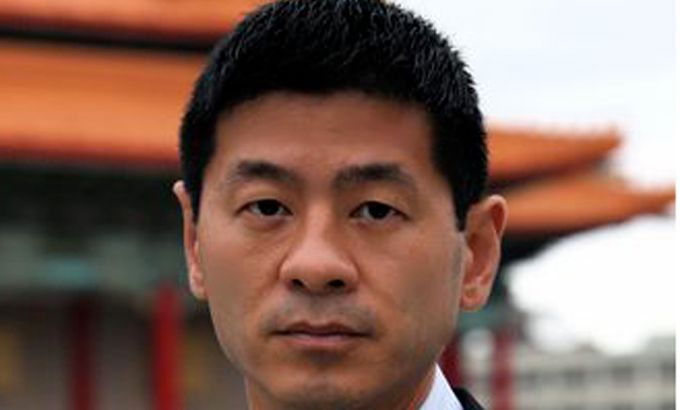
Q&A with Steve Chao
Known to make some interviewees hot under the collar with his questions, we turn the tables and put him in the hot seat.
Steve Chao has joined Al Jazeeera’s flagship Asia-Pacific current affairs programme, 101 East , as presenter and producer.
Through special reports, interviews and debates, he will present issues that matter. With almost two decades of experience in th field of journalism, Steve joined Al Jazeera in 2009, and was previously senior Asia correspondent for the channel.
He has been known to make some interviewees hot under the collar with his line of questioning but now the tables are turned as we put him in the hot seat.
101 East: Impress us. Which important world events have you covered?
Steve Chao : There is a real danger of dating myself here. So I will focus on the events I have covered in more recent history – let’s say the past decade or so.
|
|
Since 2001, I have spent considerable time covering the US-led war in Afghanistan. Between stints there, I have been dispatched to many parts of the world.
In 2011, it was to the northeast coast of Japan for the tsunami and nuclear disasters. In 2010, the death of more than a quarter million people led us to Haiti to report on the aftermath of the earthquake there. In 2008, on the cusp of China hosting its Olympics in Beijing, riots in Tibet’s capital of Lhasa had us off to that region to cover what became an uprising.
That same year saw a gruesome attack in Mumbai, and we joined the array of media that assembled there to dodge rocket-propelled grenades (RPGs) and shrapnel, as Indian soldiers tried to rout a group of militants from the Oberoi and Taj Mahal hotels.
In 2007, we rushed to Pakistan for the assassination of Prime Minister Benazir Bhutto. Among the natural and man-made disasters, have been some lighter reporting expeditions, including a trip to live on the Arctic ice about a mile from the North Pole. The story there? Perhaps the biggest world event of them all: climate change.
What’s the toughest encounter you have had on the road?
One of the toughest was literally on a road. Located just west of Kandahar city, it was known to Canadian troops as ‘suicide alley’.
One day, when we were travelling back to Kandahar in a military convoy, a suicide bomber, with a van packed with explosives drove into the vehicle in front of us. The blast rocked the armoured truck we were in, and many of us had to shield our faces from the shrapnel and debris coming in through the gun turret.
When the smoke cleared, we could see that two soldiers in the vehicle in front had been injured. But I knew that the worst casualties would be outside in the market that lined the street. Still shaking from the shock of the blast, I summoned the little courage I had to step outside and began filming the aftermath. I can not remember how many Afghan villagers were killed that day, but the one image I cannot forget is the body of a four-year-old boy – he had been out riding his bike, when the blast ended his life.
What mantra do you live by when you approach a story?
I have had many mentors over the years, and they have taught me many great things about effective storytelling. The number one rule is that for all the egos this job attracts, the story is never about you, but the people you are interviewing.
The second is perhaps a more philosophical one, but one that’s just as important. And it goes like this: in one’s reporting, you must find ways to “make beauty necessary, and the necessary beautiful”.
And lastly, perhaps the most important mantra of all was passed on to me by my first cameraman. If I remember correctly, his words were, “The key word in ‘reporter’ son, is ‘porter’ and don’t you forget it.” For all those young journalists out there, you’ll get many brownie points (and better pictures), if you carry the cameraman’s tripod.
Why do you think you were hired for the 101 East presenter/producer job?
Bribery goes a long way.. Just kidding! I would say ask my programme editor.
What do you really think of the 101 East team?
On the record or off the record?
What is the common misconception of the job that presenters and producers do?
Many may think that it’s all about make-up artists, rides in chauffered Mercedes and custom-fitted Giorgio Armani suits, but in reality, the presenter role is far more blue-collar.
We are out there in the dirt, running alongside our camera crew, doing interviews, snapping our own photos, and late into the evenings, we are pounding out scripts and blogs to deadline for our documentaries. And again, our camera people will tell you … the most important part of the job, is carrying the tripod.
Follow Steve Chao on Twitter @SteveChaoSC and on 101 East @AJ101East